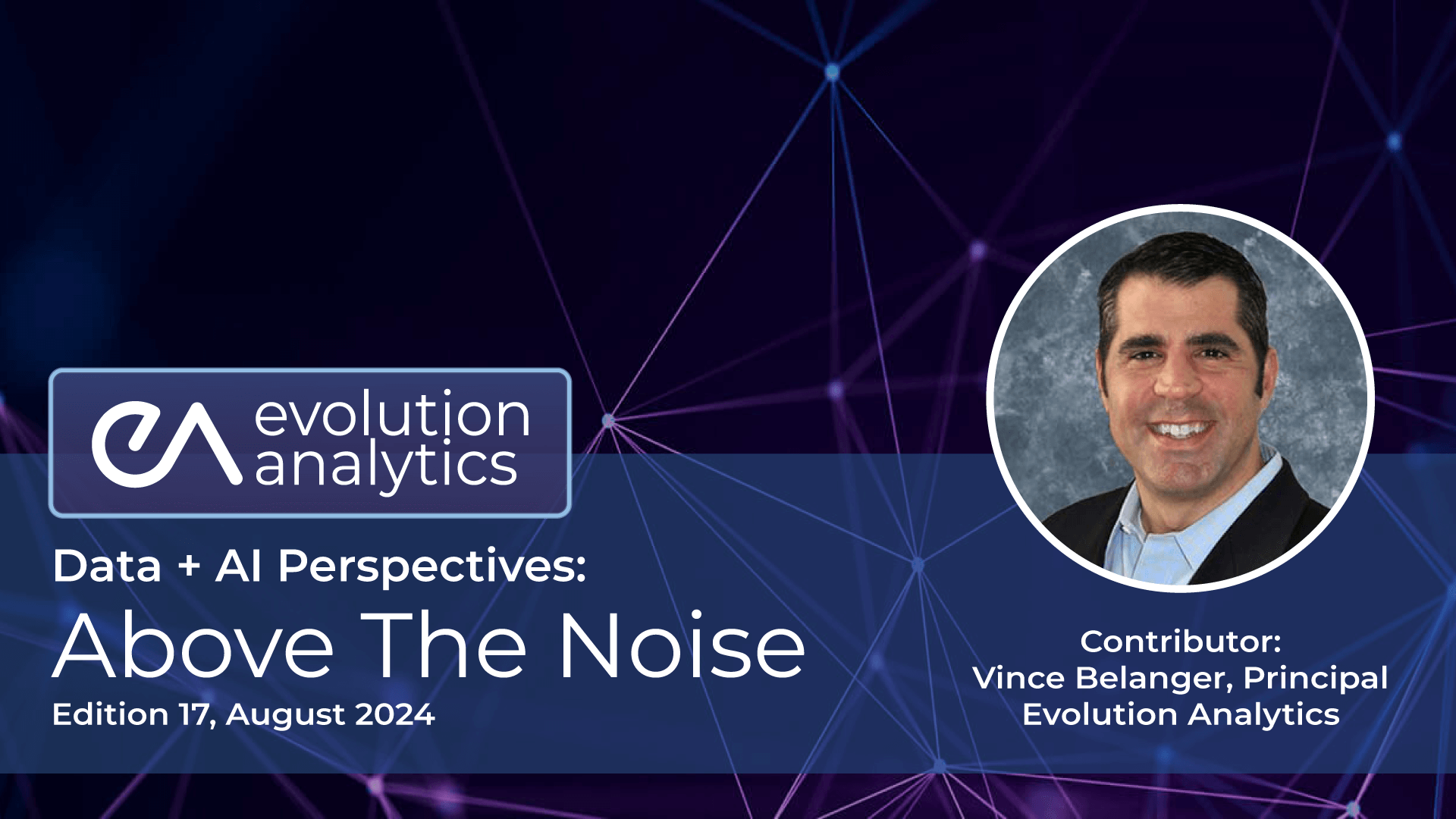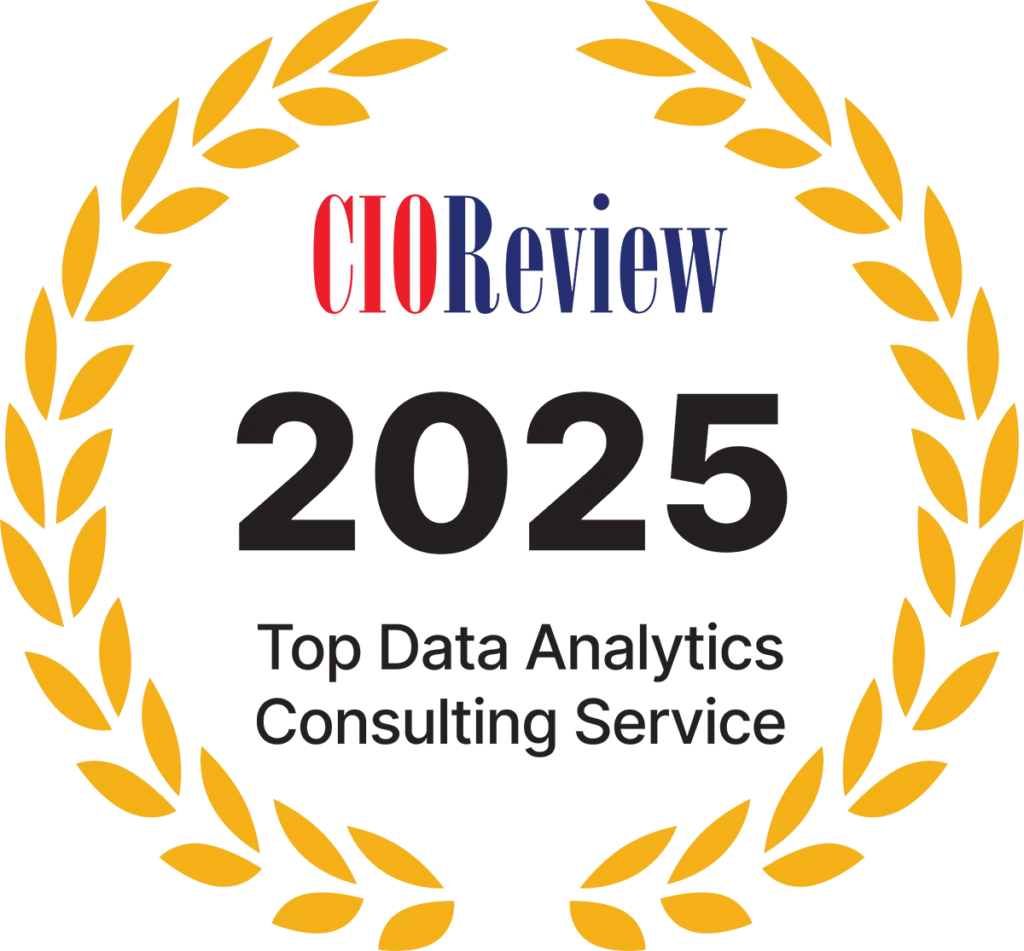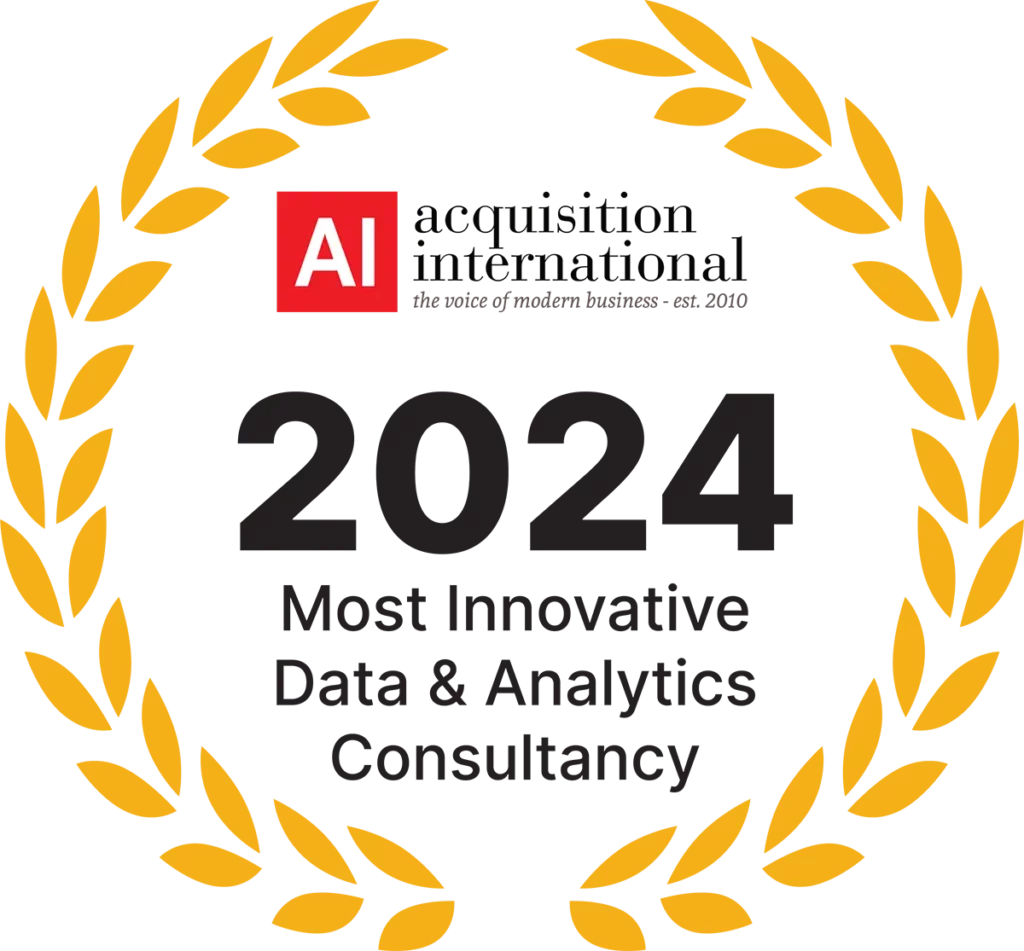Using Advanced Analytics and AI to Help Healthcare Organizations Improve Quality of Care, Reduce Harm and Variation, and Deliver Cost Savings

Vince Belanger
Principal
Evolution Analytics, LLC.
Posted: August 23, 2024
The healthcare industry faces immense challenges in balancing the need for high-quality patient care with the pressures to control costs. As hospitals and health systems strive to meet these demands, the ability to leverage data effectively has become a critical factor in driving improvements. At Evolution Analytics, we are dedicated to helping healthcare organizations unlock the full potential of their data, enabling them to enhance quality, reduce patient harm, and achieve substantial cost savings. This article explores how our expertise in data strategy can support these vital objectives.
The Challenge of Improving Healthcare Quality
Healthcare systems are inherently complex, involving numerous variables and processes that impact patient outcomes. Traditional approaches to quality improvement often rely on general metrics and averages, which can mask the true variations and risks present within patient populations. As a result, healthcare providers may struggle to identify the root causes of complications, leading to missed opportunities for intervention and improvement.
One of the key challenges in healthcare is the ability to accurately assess and address variations in patient outcomes. Different hospitals, and even different departments within the same hospital, can exhibit wide variations in performance. These variations can be attributed to a multitude of factors, including differences in patient demographics, underlying health conditions, and the processes used by healthcare providers.
Leveraging Advanced Data Analytics and AI to Reduce Patient Harm
Evolution Analytics empowers healthcare organizations to move beyond traditional quality improvement methods by implementing a sophisticated data strategy that uncovers critical insights hidden within existing datasets. Our approach is centered on the use of advanced analytics to risk-adjust and individualize patient data, enabling a more accurate assessment of patient outcomes.
By integrating AI-powered tools, we can help hospitals and healthcare systems identify up to 90% more instances of avoidable harm compared to traditional methods. This enhanced visibility allows healthcare providers to pinpoint specific areas of concern, such as high complication rates or unexpected mortality, and take targeted actions to address them.
For example, a healthcare organization might use our analytics tools to identify a particular surgical procedure with a higher-than-expected complication rate. By examining the data at a granular level, we can help the organization determine whether the issue stems from the surgical technique, the post-operative care process, or other factors. With this knowledge in hand, healthcare providers can implement targeted interventions to reduce complications and improve patient safety.
Reducing Variation and Standardizing Care
One of the most significant challenges in healthcare is the variation in care delivery. While each patient is unique, excessive variation in how care is delivered can lead to inconsistent outcomes and increased costs. Our data-driven approach enables healthcare organizations to reduce unnecessary variation by identifying best practices and standardizing care across their operations.
By analyzing data from a wide range of sources, including electronic health records (EHRs), administrative data, and clinical outcomes, we can help organizations identify patterns and trends that may not be apparent at the surface level. This allows healthcare providers to understand which processes are associated with the best outcomes and to implement those practices consistently across their operations.
For instance, by examining data related to post-operative care, we might discover that certain protocols are associated with lower rates of hospital-acquired infections. Armed with this insight, the healthcare organization can standardize those protocols across all relevant departments, leading to more consistent and improved patient outcomes.
Delivering Cost Savings Through Data-Driven Insights
In addition to improving patient outcomes and reducing variation, a data-driven strategy can also lead to significant cost savings for healthcare organizations. By identifying inefficiencies and areas of waste, our AI-enabled analytics tools help providers streamline their operations and reduce unnecessary expenses.
For example, we can analyze data related to length of stay, readmission rates, and resource utilization to identify opportunities for cost savings. By understanding which factors contribute to longer hospital stays or higher readmission rates, healthcare providers can implement targeted interventions to reduce these occurrences, ultimately lowering costs.
Moreover, our approach goes beyond merely identifying cost-saving opportunities; it also ensures that cost reductions do not come at the expense of patient care. By focusing on improving quality and reducing harm, we help healthcare organizations achieve cost savings while maintaining or even enhancing the quality of care they provide.
A Comprehensive Data Strategy for Healthcare Transformation
At Evolution Analytics, we believe that the key to transforming healthcare lies in the power of data. Our comprehensive data strategy is designed to help healthcare organizations improve quality, reduce patient harm and variation, and deliver significant cost savings. By leveraging advanced analytics and AI-enhanced technologies, we enable healthcare providers to uncover critical insights, implement targeted interventions, and achieve sustainable improvements in patient outcomes.
Whether you are a hospital administrator seeking to improve your organization’s performance, a healthcare provider aiming to reduce complications and enhance patient safety, or a payer looking to ensure value-based care, Evolution Analytics has the expertise and tools to help you succeed. By partnering with us, you can harness the power of data to drive meaningful change in your organization and deliver better outcomes for your patients.
In conclusion, the future of healthcare lies in the intelligent use of data. At Evolution Analytics, we are committed to helping healthcare organizations navigate this complex landscape and achieve their goals through innovative, data-driven solutions. Together, we can improve the quality of care, reduce patient harm, and deliver the cost savings that are essential for the sustainability of healthcare systems worldwide.








